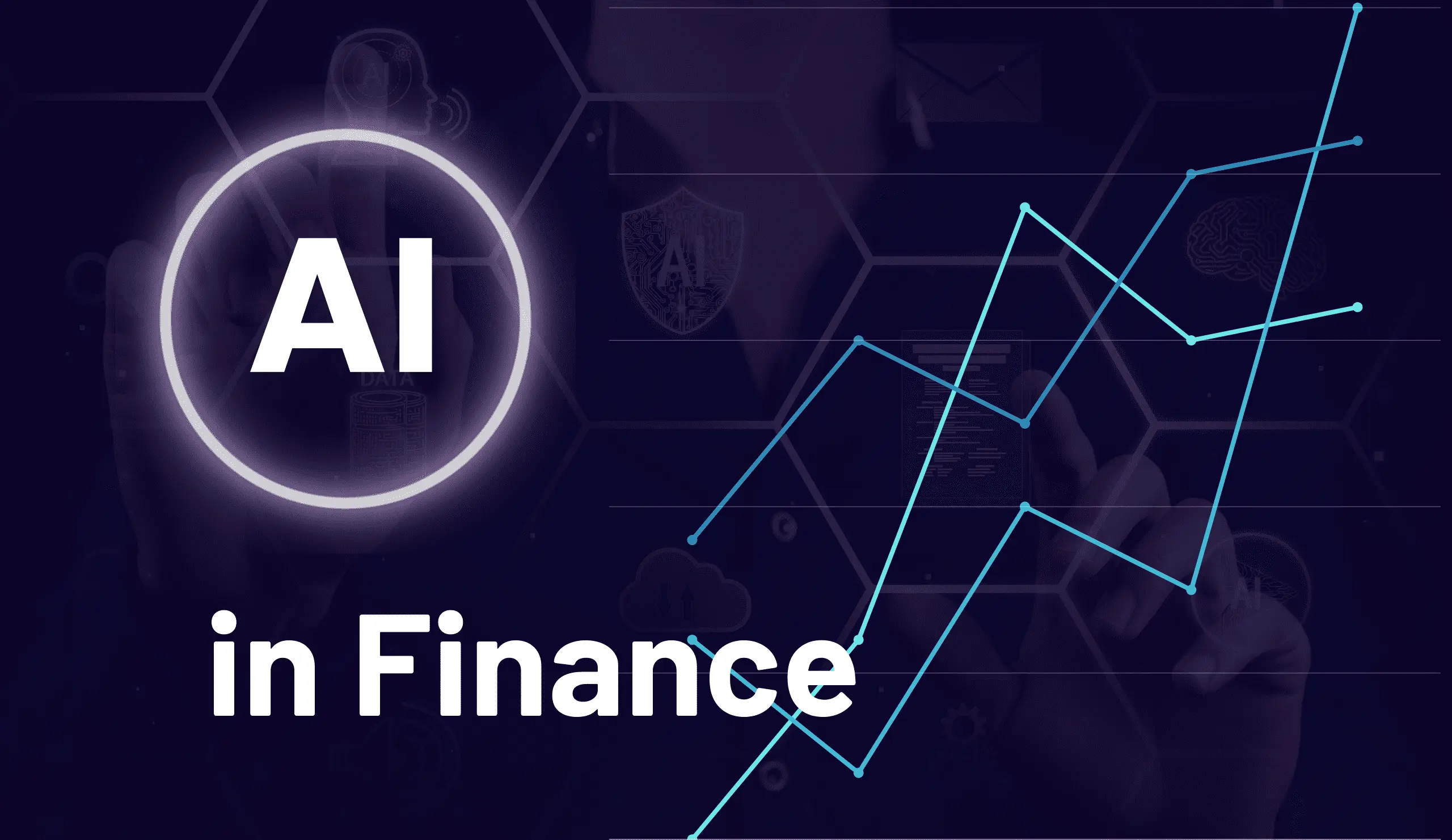Artificial intelligence (AI) is rapidly transforming the financial services industry, revolutionizing how firms operate, make decisions, and interact with customers. By leveraging AI's capabilities in data analysis, pattern recognition, and automation, financial institutions are streamlining operations, mitigating risks, and unlocking new growth opportunities.
Key AI Use Cases in Finance
- Fraud Detection and Prevention: AI algorithms can analyze vast amounts of transaction data in real time, identifying patterns and anomalies that may indicate fraudulent activity. This enables financial institutions to detect and prevent fraud more effectively, protecting both the institution and its customers.
- Algorithmic Trading: AI-powered algorithms can analyze market trends, news sentiment, and other factors to execute trades at high speeds and with greater accuracy than human traders. This can lead to improved investment performance and reduced risk.
- Risk Assessment and Management: AI models can assess credit risk, market risk, and operational risk more accurately and efficiently than traditional methods. This enables financial institutions to make better-informed lending decisions, optimize investment portfolios, and manage risk more effectively.
- Customer Service and Chatbots: AI-powered chatbots and virtual assistants can handle customer inquiries, provide financial advice, and even complete transactions. This enhances customer service, improves response times, and reduces the workload on human agents.
- Personalized Financial Planning: AI can analyze individual financial data and goals to provide personalized investment recommendations, retirement planning advice, and other financial services. This can help individuals make better financial decisions and achieve their long-term goals.
Best Practices for Implementing AI in Finance
- Start with a Clear Strategy: Define clear objectives for AI adoption, identify the areas where AI can have the most impact, and develop a roadmap for implementation.
- Invest in Data Infrastructure: Ensure you have a robust data infrastructure in place to collect, store, and analyze financial data securely and efficiently.
- Address Regulatory and Ethical Considerations: The financial services industry is heavily regulated, so it's crucial to ensure that AI systems comply with all relevant regulations and ethical guidelines. This includes addressing issues such as bias, transparency, and explainability.
- Build Trust and Transparency: Communicate the benefits of AI to customers and stakeholders, and be transparent about how AI is being used to make decisions. This can help build trust and alleviate concerns about the use of AI in finance.
- Collaborate with Experts: Partner with AI experts and technology providers who have experience in the financial services industry. This can help ensure that your AI initiatives are successful and deliver the desired outcomes.
The Future of AI in Finance
The future of AI in finance is bright, with continued advancements promising to further revolutionize the industry. As AI technology matures, we can expect to see even more sophisticated applications that will enhance efficiency, improve decision-making, and deliver personalized financial services to customers.
At Blueriver, we specialize in helping financial institutions harness the power of AI to achieve their business goals. Our team of experts can guide you through the entire AI adoption journey, from strategy development to implementation and ongoing support. Contact us today to learn more about how we can help you unlock the full potential of AI for your financial institution.
